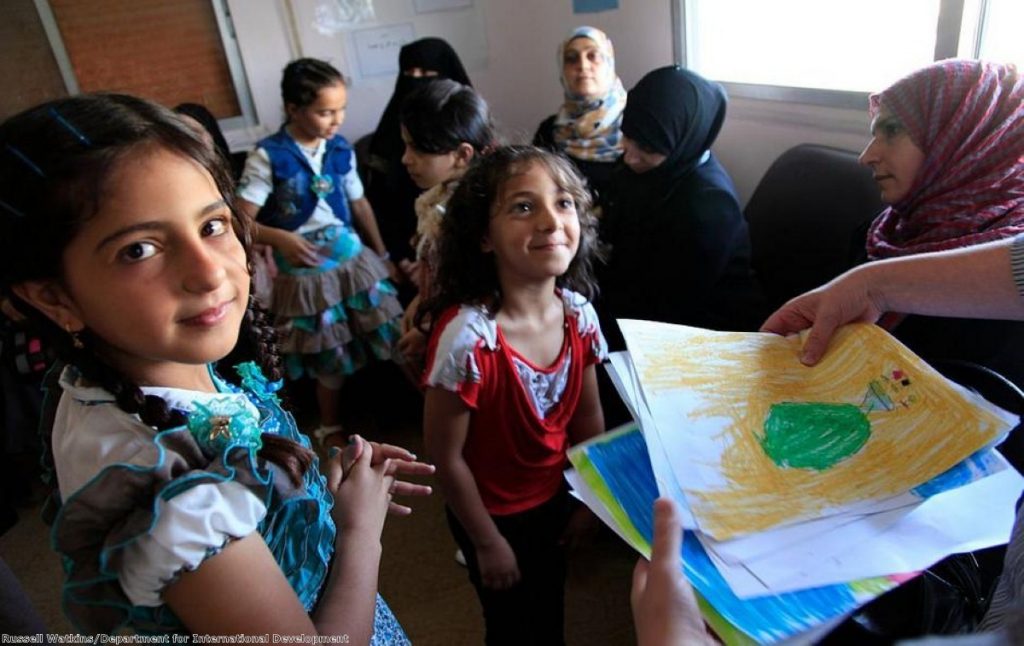Why we should be suspicious of Cameron’s Syrian refugee announcement
David Cameron's announcement in the Commons today that the UK will accept up to 20,000 Syrian refugees seems impressive. It puts us behind France and Germany but is a much bigger number than expected.
But when you scratch the surface, it starts to fall apart.
Cameron's promise is for 20,000 people over the course of this parliament. That means we're taking at most 4,000 a year. That must surely be considered the absolute minimum the government could have promised given the scale of the crisis.
The refugees will almost certainly be taken under the Vulnerable Persons Relocation scheme (VPR), which was designed to funnel people considered vulnerable by the UNCHR's Gateway programme through a British mechanism. The use of VPR, rather than the UNHCR programme, means the UK can restrict the refugees to Syrian nationals.
But why should we? Reports coming in this morning detail how boats full of Eritrean women and children are being intercepted in the Med. Why shouldn't they be entitled to help? Apparently the lives of these women and children are of less moral value than women and children in Syria. But Eritreans are fleeing death and brutality, just like Syrians are.
There will be no new money for the scheme. Instead, Cameron is dipping into the aid budget to fund housing and other necessities for the refugees in the UK. That is a highly questionable decision. But even if one accepts it, it only pertains for the first year. These refugees are coming here for at least five years. So where is the money coming from after that? We'll be told that this can be taken care of later, but the government record on this is not good.
When Cameron made similar promises on Syrian refugees in January 2014, his ministers ended up blaming local councils for not promising to take more people. But again, the same gap between funding and organisation was present. The councils were offered a year's funding for a five-year relocation scheme. Local councils like Sheffield, Manchester and Hull consequently refused. Only Bradford and one other unnamed council offered to take any. Six months later, just 24 Syrians had been accepted through the scheme. It is troubling to see the exact same time-frame gaps present here.
Finally, Cameron offered no promises to alleviate the pressure on southern European states, which are disproportionately affected by this extraordinary migration of people away from danger and towards the promise of safety. His argument – which is not an unfair one – is that this encourages people to sign up locally rather than risk the dangerous journey crossing the Med. But one might sensibly question how effective that incentive will be when we are taking 4,000 a year and Germany is taking 15,000 a week. There is no realistic incentive here. There is just a forsaking of responsibility for the crisis hitting Europe.
It's good that the British government is finally shifting policy on Syrian refugees. But this is a tiny initiative, with many of the same warning signs we first saw last year, when Britain first failed to live up to its promises.





-01.png)